Immigration centres: Act now to overhaul Britain's 'shocking' detention of migrants indefinitely and in appalling conditions, say MPs
Migrants are held in conditions 'like a high-security jail'
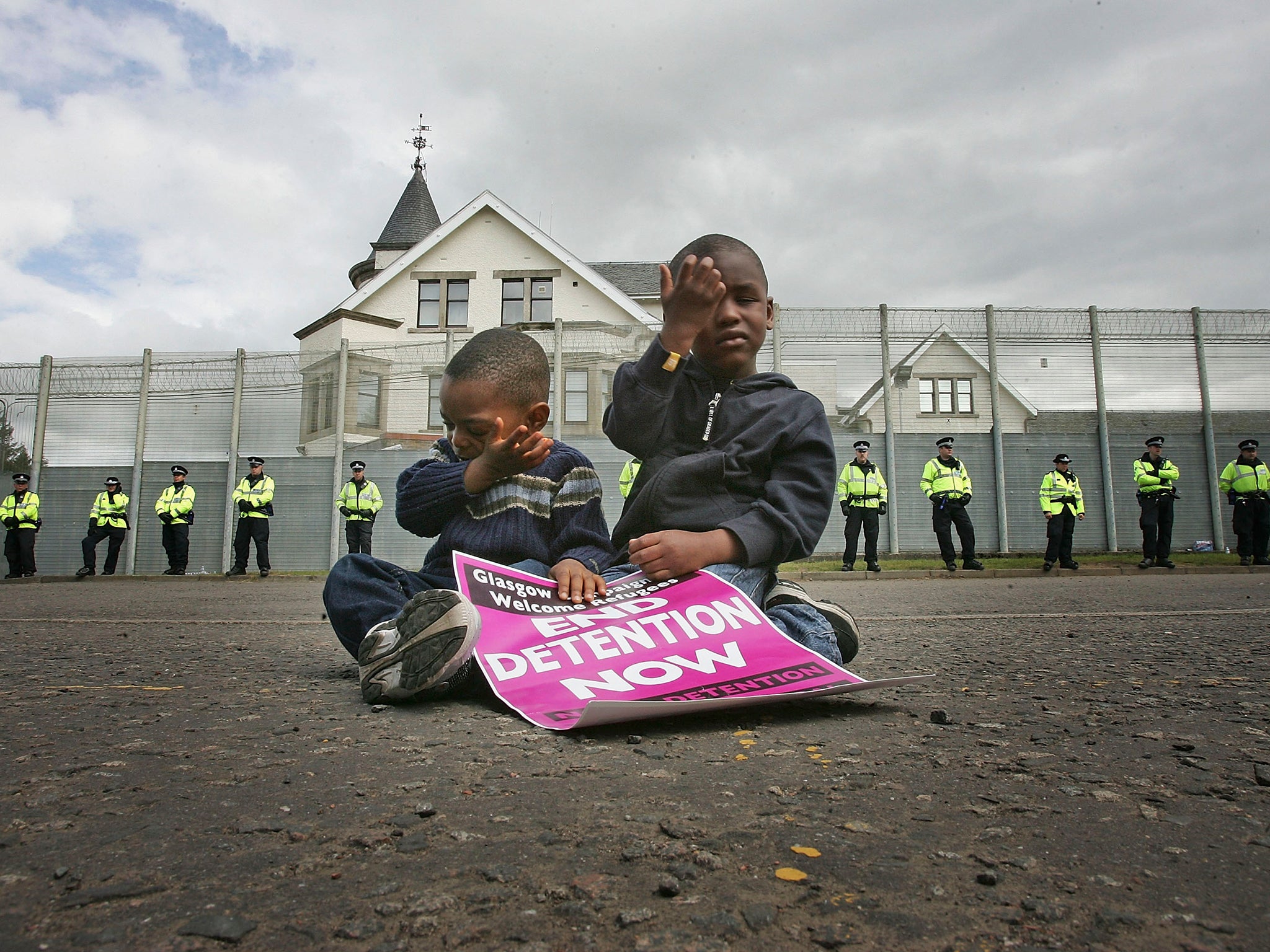
Your support helps us to tell the story
From reproductive rights to climate change to Big Tech, The Independent is on the ground when the story is developing. Whether it's investigating the financials of Elon Musk's pro-Trump PAC or producing our latest documentary, 'The A Word', which shines a light on the American women fighting for reproductive rights, we know how important it is to parse out the facts from the messaging.
At such a critical moment in US history, we need reporters on the ground. Your donation allows us to keep sending journalists to speak to both sides of the story.
The Independent is trusted by Americans across the entire political spectrum. And unlike many other quality news outlets, we choose not to lock Americans out of our reporting and analysis with paywalls. We believe quality journalism should be available to everyone, paid for by those who can afford it.
Your support makes all the difference.Britain’s “deeply shocking” treatment of vulnerable asylum-seekers sees innocent people held for years in detention centres that resemble high-security prisons, according to a major new report.
People fleeing torture or persecution to seek refuge in the UK should no longer be detained for more than 28 days in immigration removal centres, as evidence suggests spending any longer locked up can be catastrophic for their health, the report by a cross-party group of MPs and peers recommends today.
The UK is the only country in the EU which has no limit on the length of time that asylum-seekers can be detained, with many left “locked up in limbo” for years at vast expense to the taxpayer and at great risk to themselves, the review concluded.
“Some lose hope and they try to kill themselves,” one detainee told the inquiry. “Some try burning themselves with whatever they can get. Some try hanging themselves in the shower. They think it’s the only way out. I’ve seen this with my own eyes. Detention is a way to destroy people: they do not kill you directly, but instead you kill yourself.”
At the end of last year there were 3,462 people in detention across the UK, a 24 per cent increase on the 2013 figure. Almost 400 of these had been detained for more than six months, while more than 100 had been locked up for longer than a year.
Sarah Teather, a Liberal Democrat MP and chair of the inquiry panel, said people who spent years in detention suffered “intense psychological damage” and found it hard to integrate back into society.
Under radical proposals drawn up by the panel, thousands of people in detention would have their cases urgently reviewed this year, before being released or sent back to their country of origin within 28 days.
When the next government is elected in May, it should order a total overhaul of Britain’s “expensive, ineffective and unjust” asylum system and consider alternatives to detention such as allowing people who are now locked up to live in the community, the joint inquiry by the All Party Parliamentary Group (APPG) on Refugees and the APPG on Migration concluded. The panel – which included a former cabinet minister, a former chief inspector of prisons and a former law lord – also accused Home Office officials of failing to follow rules stating that immigration detention should be used sparingly and for the shortest period possible.
It said that asylum-seekers were increasingly being held “in conditions tantamount to high-security prison settings” and that the regime was putting their health at “serious risk”. Pregnant women and the victims of sexual violence should never be detained, the group recommended.
Medical conditions in some centres were so bad that some detainees were not given treatment even after they tried to kill themselves, the report said. Lesbian, gay, bisexual, trans and intersex detainees were often subjected to “bullying, harassment and abuse” – a situation the MPs and peers said was “not acceptable”.
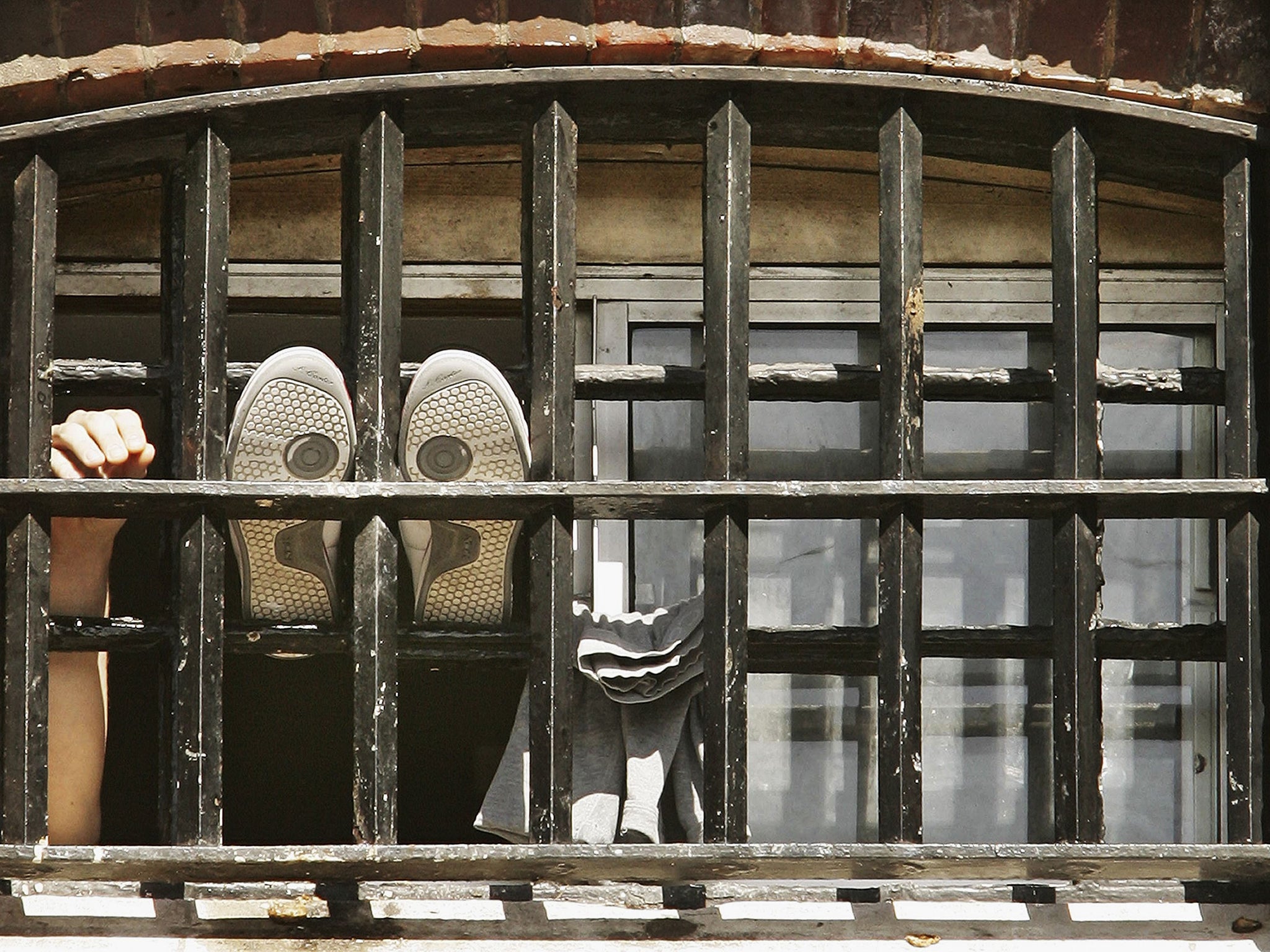
Aderonke, a lesbian who gave evidence, said the homophobic abuse she received was “never” treated as a hate crime. “It was never reported. I was just left there to go through that torture again. What I’ve been through in my country, I was going through it again in detention centres,” she said.
The report comes after a guard at Yarl’s Wood immigration removal centre in Bedfordshire was secretly filmed calling inmates “animals”. The footage, which was aired last night after being captured by an undercover reporter for Channel 4 News, also showed a staff member saying: “They are all slashing their wrists apparently. Let them slash their wrists.” One worker has since been suspended.
Serco, the private firm responsible for running Yarl’s Wood, also advertised for detainees willing to work for £1 an hour, according to new footage to be shown on Channel 4 tonight. Guards are filmed reacting to the news, with one saying: “We’re being sacked for illegal immigrants. Slave labour is coming back mate.”
A spokesperson for Serco said paid work by people in detention in “non-essential activities” was done on “a purely voluntary basis” and “in accordance with Home Office detention centre rules”. The company has appointed former barrister Kate Lampard to carry out an independent review of its work.
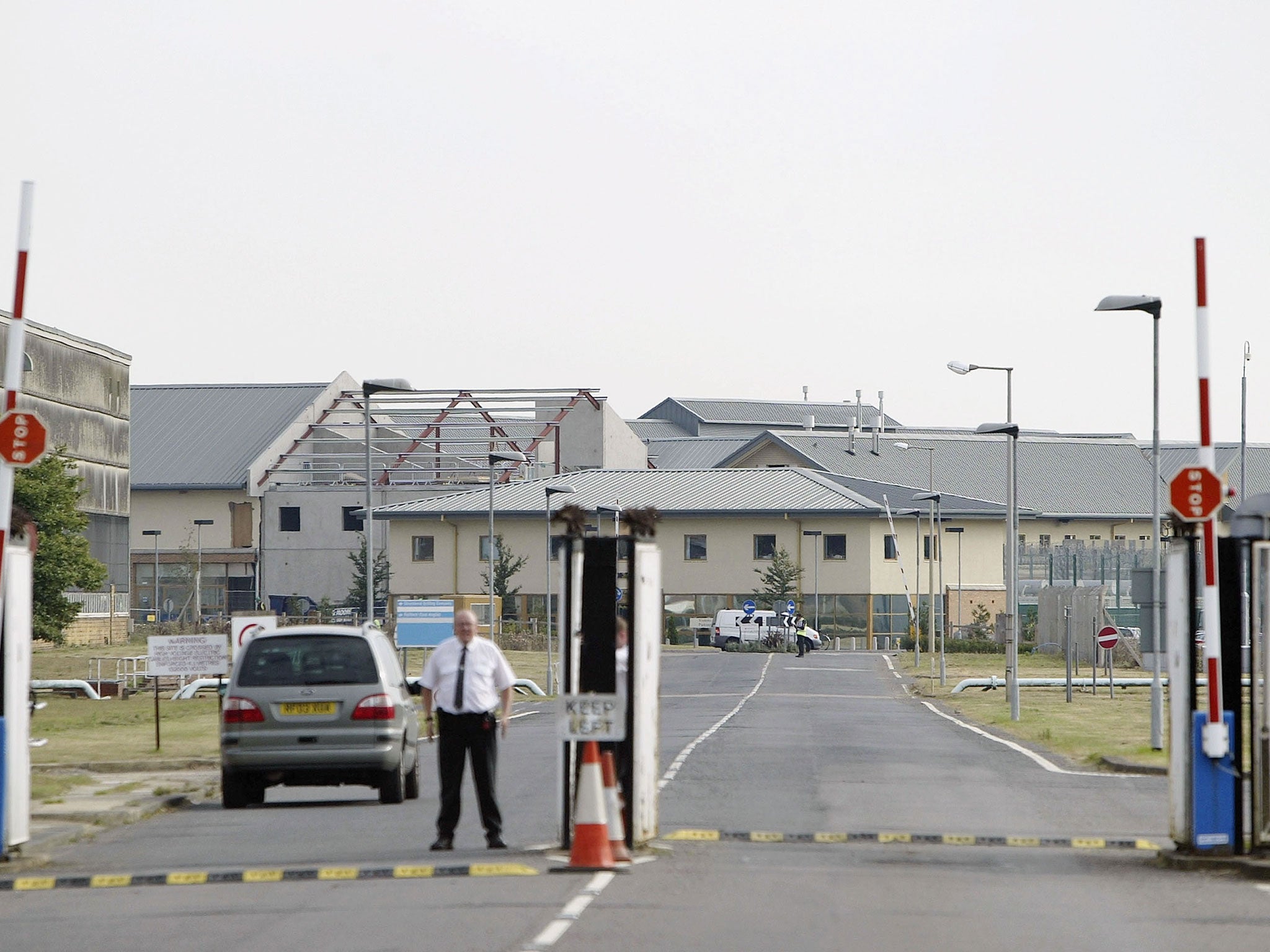
The UN refugee agency UNHCR said the Government’s policy of “routinely detaining asylum-seekers for reasons of administrative convenience” risked breaking international human rights principles. “Detention is not only costly, but can have a lasting, detrimental impact on the mental and physical health of asylum-seekers,” said Gonzalo Vargas Llosa, the agency’s UK representative.
Shami Chakrabarti, the director of Liberty, said: “The scandal of limitless detention, unashamedly for administrative convenience, is one of the greatest stains on the UK’s human rights record in recent decades – a colossal and pointless waste of both public funds and human life.”
A Home Office spokesman said: “People are only detained for the shortest period necessary and all detention is reviewed on a regular basis to ensure it remains justified and reasonable.
“Parliament demonstrated its support for our policy when it rejected a proposal to limit the length of detention during the passage of the Immigration Act last year. Repeated failure to comply with the removals process, often along with serious criminal offending histories, are key factors in lengthy detention.”
Case study: Ivo Kuka, 39, from Cameroon
‘When I asked for protection, my rights were confiscated and I lost my freedom’
Ivo Kuka, 39, came to the UK to claim asylum in 2011 after fleeing political persecution in his native Cameroon, where he had been frequently tortured. He was detained in Harmondsworth and Haslar removal centres for six months. He has since been granted leave to remain in Britain and lives in London, where he is studying engineering at South Bank University. He has recently been reunited with his daughter.
"I was involved with this political organisation, the Southern Cameroons National Council, and went through a lot. If I show you my body, you can see the scars from the handcuffs. On the eve of the presidential elections, I was involved in an incident where many people were arrested.
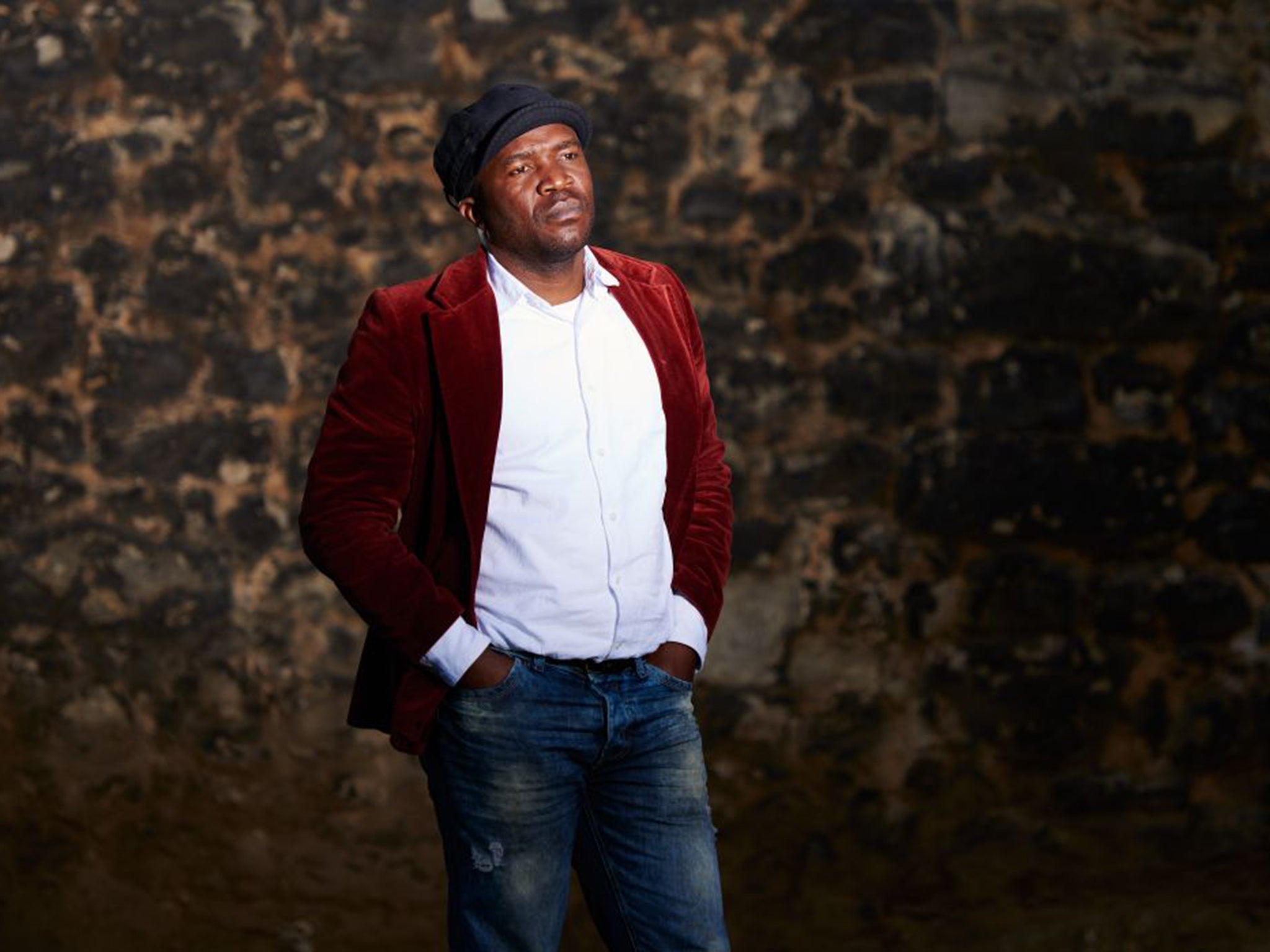
"I used my car to drive the activists there, but I had to abandon it and run away. First I went to Nigeria and then to the UK.
“The whole world knows the UK for advocating human rights, so I knew I was in the right place. But when I asked for protection, my rights were confiscated and I lost my freedom. I found myself in detention and had to really fight with the Home Office before I was given leave to remain.”
Case study: Penny Keza, 40, from Rwanda
‘You are just a number, nothing. I attempted suicide twice’
Penny Keza, 40, was trafficked to the UK as a sex worker in 2003 after surviving the Rwandan genocide. She escaped, but was later arrested and imprisoned for using false documents to apply for a National Insurance number. After prison she was detained in Yarl’s Wood for 90 days. She has since been granted temporary leave to remain, as a victim of sex trafficking. She lives in London.
"It took years for me to be believed,” she said. “I was in Yarl’s Wood for 90 days. It was worse than prison, I would prefer to be in prison than in detention. I thought: am I living in Britain or a Third World country? There was no cause for hope, you are on tenterhooks wondering when they are going to remove you, any time of the day or night. You are deprived of all your independence, you don’t control your life.
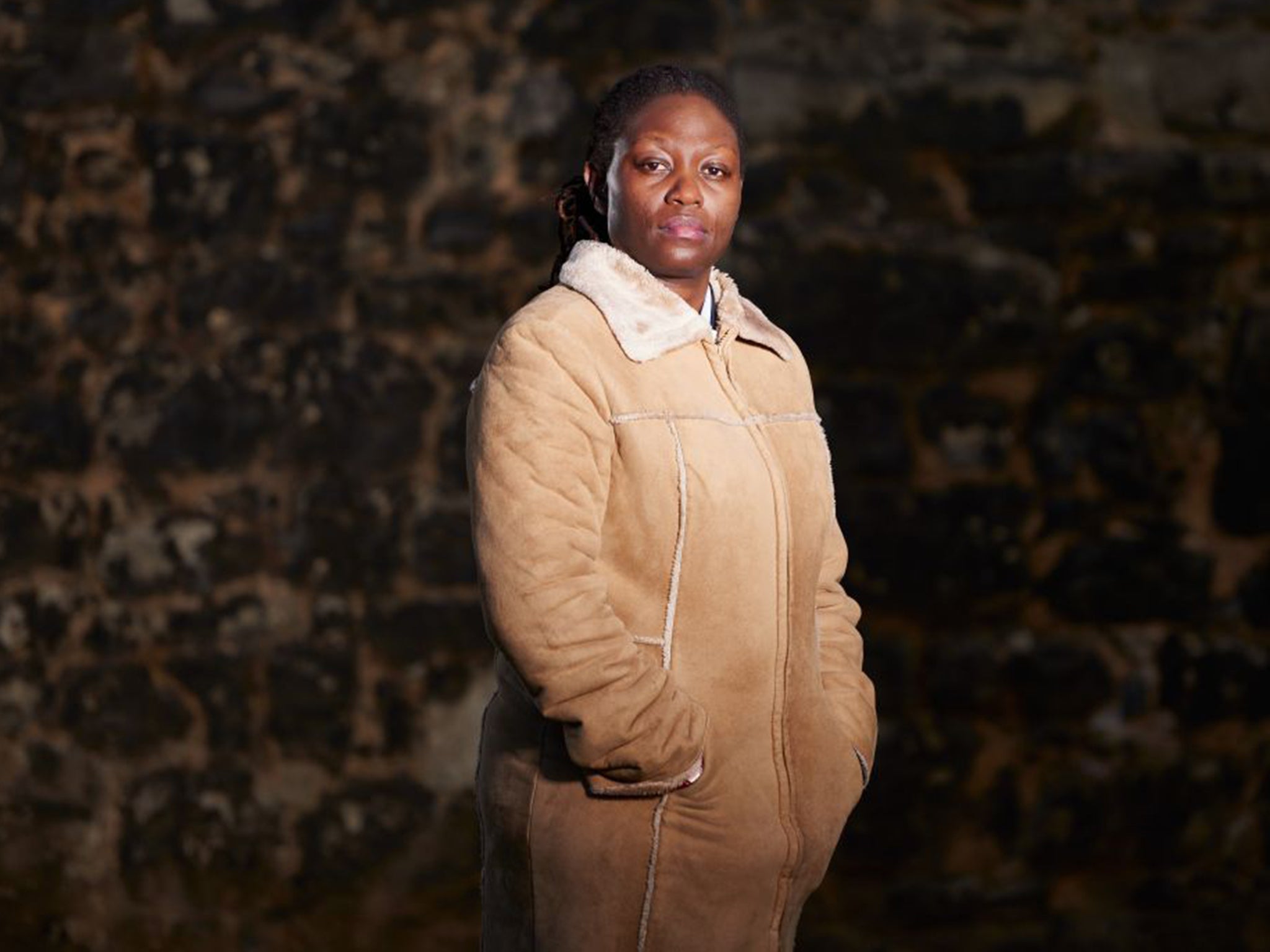
“The staff in Yarl’s Wood were unsympathetic. You are just a number to them, you are nothing. They forget they are dealing with a human being who is psychologically depressed. I attempted suicide twice, I thought it was my only way out. It’s been a long time since I’ve been out of detention, but I still have not healed.”
Case study: Michael, 29, from Ghana
‘You’re left to rot. People just give up’
Michael came to the UK with his parents and siblings in 1997 at the age of 12. A few years later, his parents abandoned him. He resorted to petty crime and was imprisoned. At the end of his sentence, he remained in jail for a year awaiting removal, before spending time in two different immigration centres. Having finally left detention after almost two and a half years, his case is still ongoing.
"When I first went to a detention centre, I wanted to go back to prison,” he said. “In prison, you’re counting down the days until you can go home, but when you go into a detention centre, you’re pretty much left to rot.
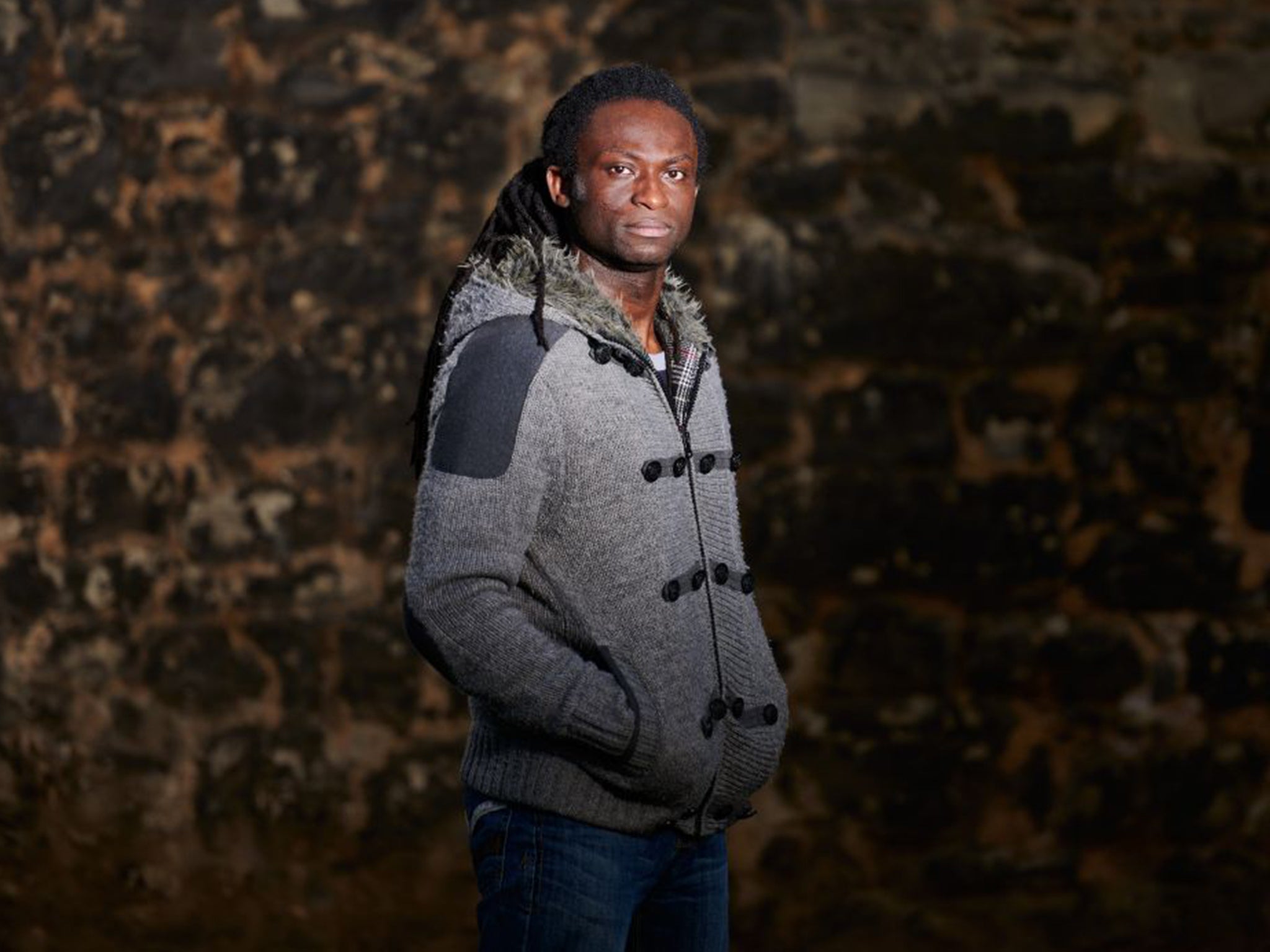
“The uncertainty of not knowing if I’d be released or what would happen… there’s no structure to it. You’re basically abandoned. There are people in detention centres who have just given up and are suicidal, it’s horrific.”
Detention limits: Britain and Ireland opt out
Britain and Ireland are the only European countries to have opted out of the EU Returns Directive, which sets a maximum time limit for the detention of immigration suspects of 18 months.
But in contrast to Britain, which can detain people indefinitely, Ireland only sets a maximum limit of 21 days.
In France, people cannot be detained for longer than 45 days, and in Spain and Portugal the maximum time individuals can be detained is 60 days.
“When compared with other countries, we detain more than most other European countries and for longer,” states the all-party parliamentary report.
In 2013, the United Kingdom detained more than 30,000 people – seven times as many as the 4,309 detained by Germany.
JONATHAN OWEN
Join our commenting forum
Join thought-provoking conversations, follow other Independent readers and see their replies
Comments